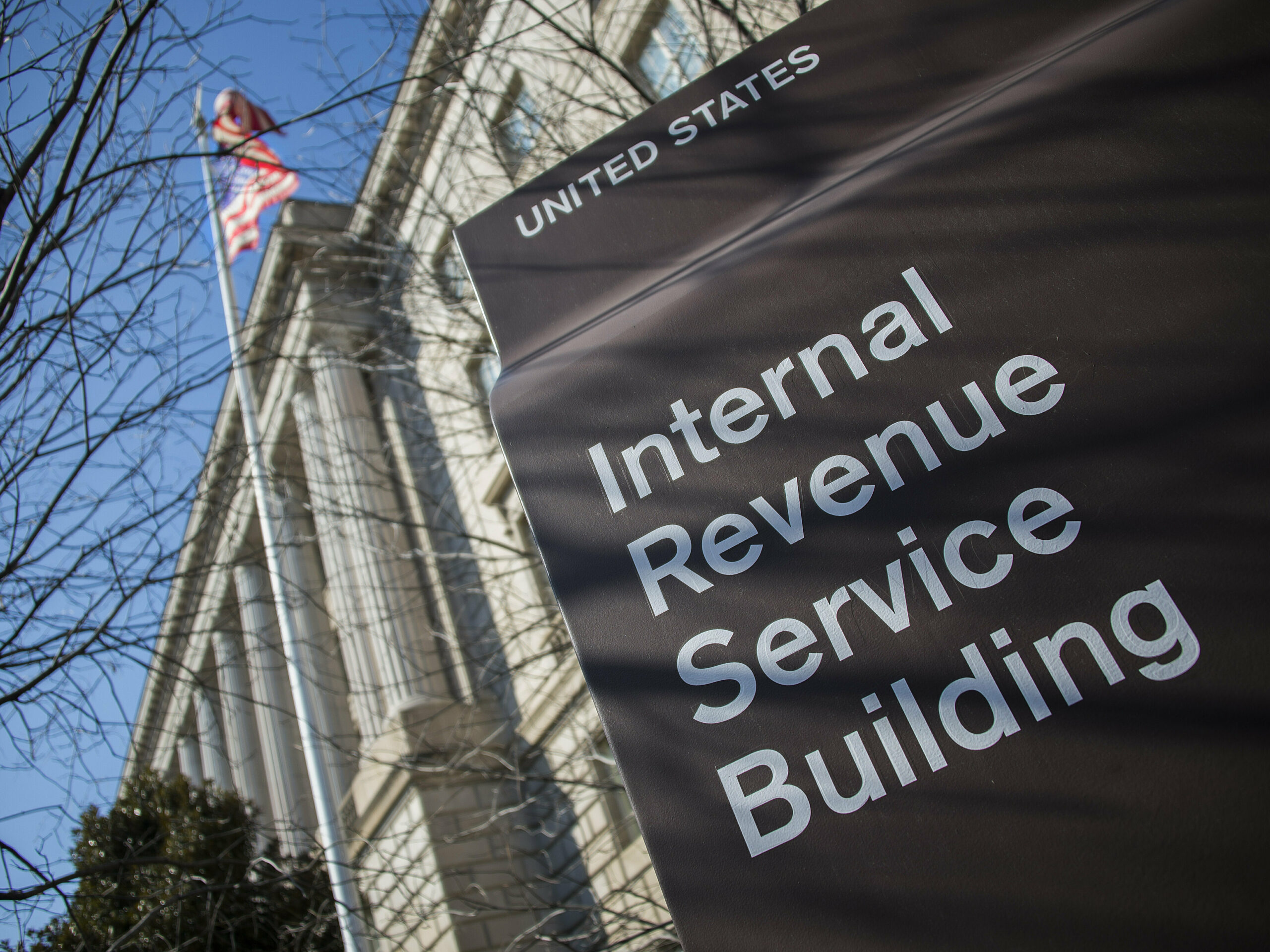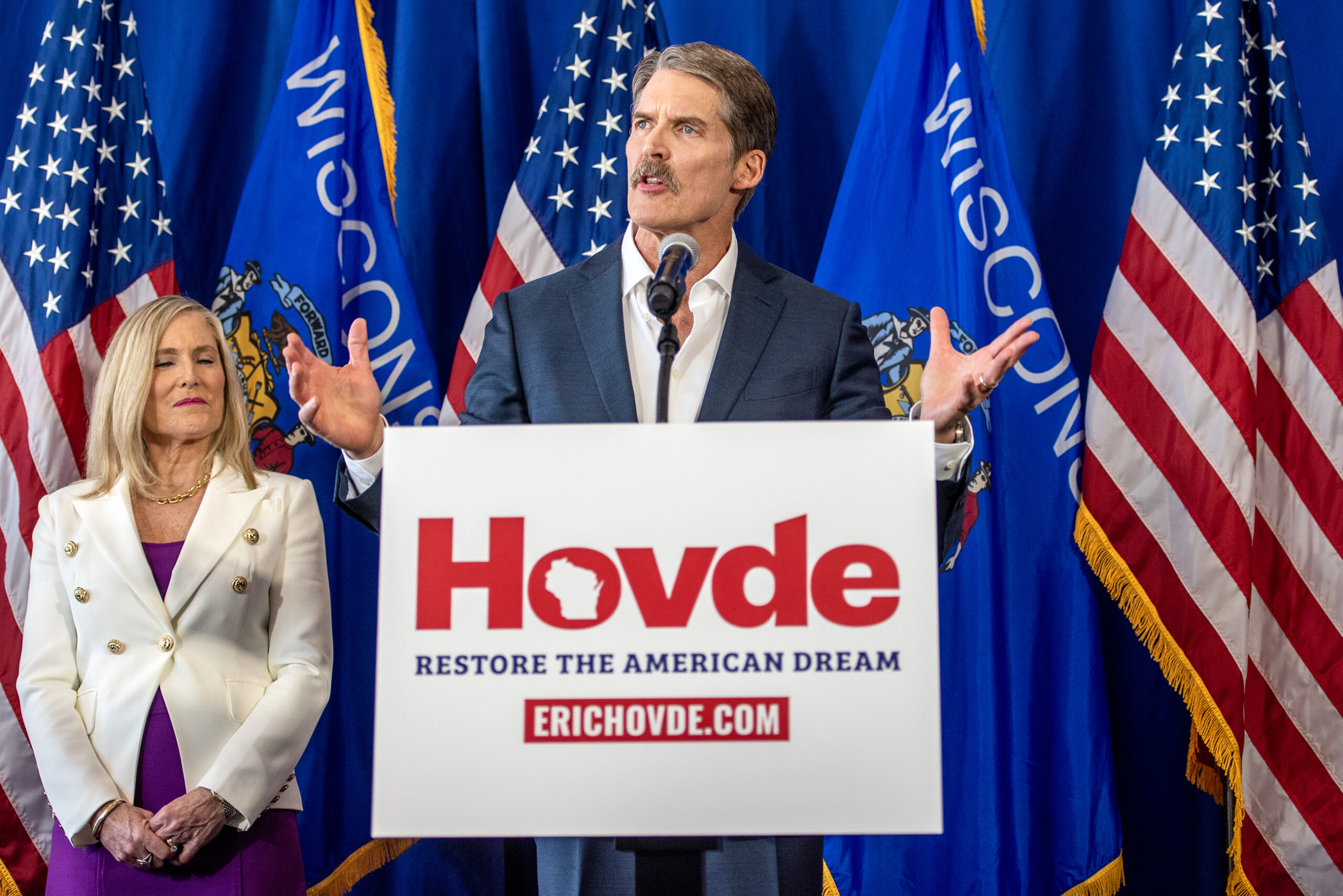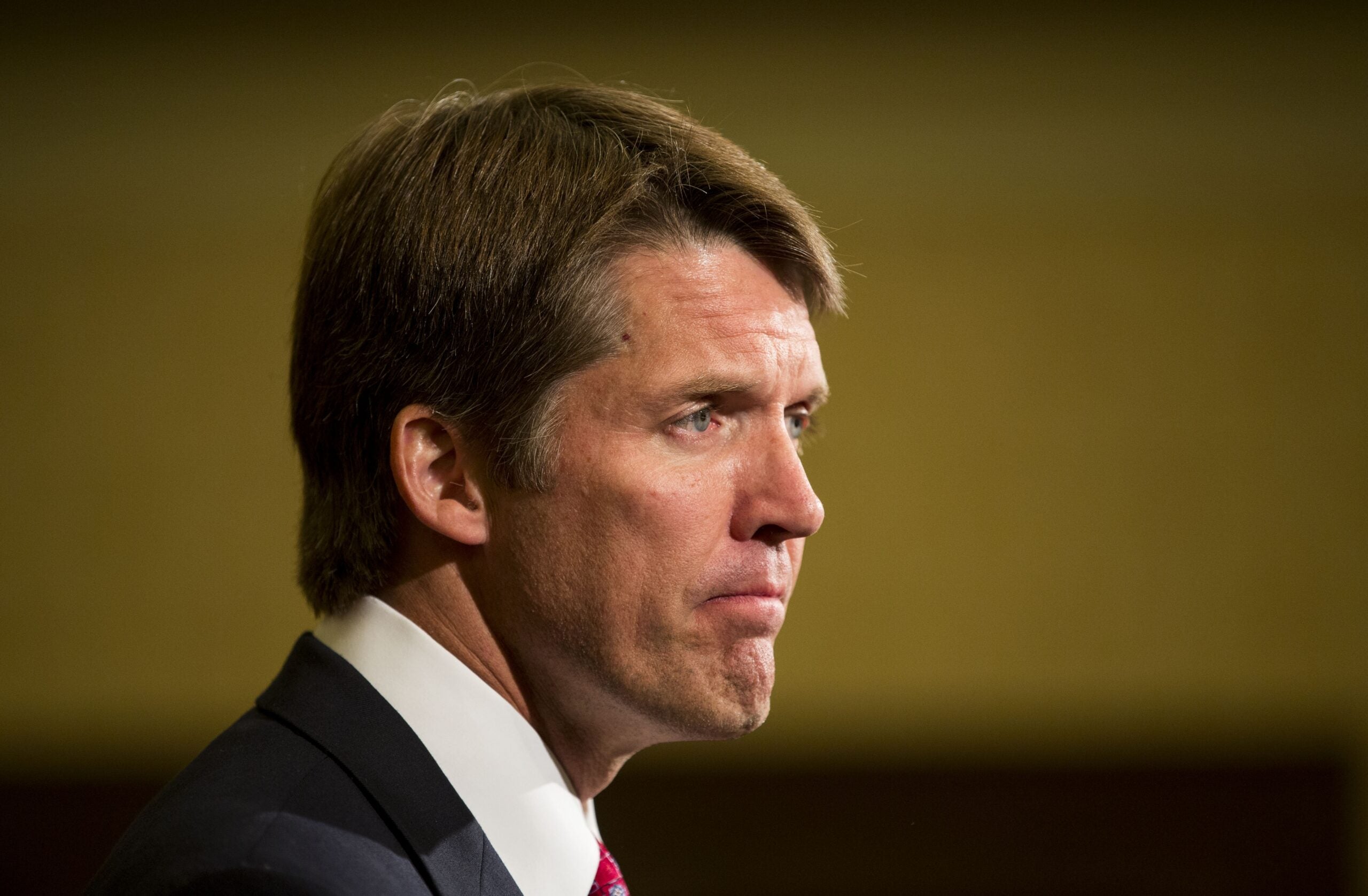Polls consistently place the economy and the budget at or near the top of voters’ priorities.The issues have gotten a lot of attention in the race for U.S. Senate, if not a whole lot of detail.
If you’re not familiar with what Democrat Tammy Baldwin or Republican Tommy Thompson say they’d do to balance the budget, here’s a quick way to get caught up. Check out the plans championed by President Obama and Mitt Romney.The debate at the top of the ticket basically mirrors what’s being discussed in Wisconsin’s U.S. Senate race.
Consider Thompson: “I will pass Paul Ryan’s budget plan in the Senate. It is the right plan at the right time for America.”
Stay informed on the latest news
Sign up for WPR’s email newsletter.
The former governor pledged full support for the Ryan budget at the state GOP convention this summer, before Ryan was picked to be Romney’s running mate.Thompson has since tried to distance himself, saying he has his own plan, “I want to be able to put in the same thing I did when I was governor. I put in a proposal that said that every state agency had to take a five-percent reduction.”
But Thompson can’t claim ownership of that idea. It’s a prominent feature of the Romney budget proposal.
Tammy Baldwin’s budget centerpiece is what’s known as the Buffett Rule.Named after billionaire Warren Buffett, it would set a 30-percent tax rate floor for anyone earning over $1 million, “The Buffett Rule is about fairness. We have people who make over a million dollars a year–take Mitt Romney for example–who pay at lower tax rates, than hard working Wisconsin families.”
Baldwin would also phase out the Bush tax cuts for people earning more than a quarter million dollars. Both are major planks of the Obama platform.
University of Wisconsin Political Science Professor David Canon says neither candidate has offered an actual plan that would truly balance the federal budget.Canon says Baldwin won’t say where she’d cut, “You can’t really tackle the budget deficit until you tackle entitlement reform, and that clearly has to be part of the plan. So that’s missing from the Baldwin side.”
Canon says Thompson’s budget plan is focused on tax cuts which is also unrealistic, “Rather than actually addressing the budget deficit, that would actually make the budget deficit worse. I think every independent expert who’s looked at that has come to that conclusion.”
When it comes to improving the economy, Thompson says his top priority would be clearing the way for the Keystone Pipeline, which would transport crude oil from Canada, “It would be thousands of jobs. Instead of sending billions over to OPEC countries and Saudi Arabia, who really doesn’t like us, I want to build Wisconsin and America.”
Baldwin says she wants to continue the work she started with Republican Congressman Reid Ribble, reinstating some trade sanctions against several made-in-China paper products, “We need to do the same in the emerging solar panel industry and auto parts because that un-level playing field is costing Wisconsin jobs right now.”
Baldwin and Thompson have drastically different ideas on how to get multi-national corporations to hire. Baldwin backs a plan–again, pushed by the President–to end a tax benefit to companies that outsource, “We have to get rid of the perverse incentives in our U.S. tax code that leads folks to bring jobs overseas.”
Baldwin’s plan would also create a tax break for companies that move jobs back to the U.S. A bill that would do both died in the U.S. Senate this year with Republicans saying it was motivated by politics.
Thompson, on the other hand, supports a temporary tax break for multi-national corporations that are keeping their profits overseas, “I want to be able to repatriate $1 trillion offshore and put it into the economy so we’re going to be able to grow this economy, create jobs.”
Thompson says it’s a way to inject money in the U.S. economy without government support. But the idea is not a new one. A so-called “one-time” tax holiday for corporations was tried in 2004 and did not result in a hiring binge.
Wisconsin Public Radio, © Copyright 2024, Board of Regents of the University of Wisconsin System and Wisconsin Educational Communications Board.





